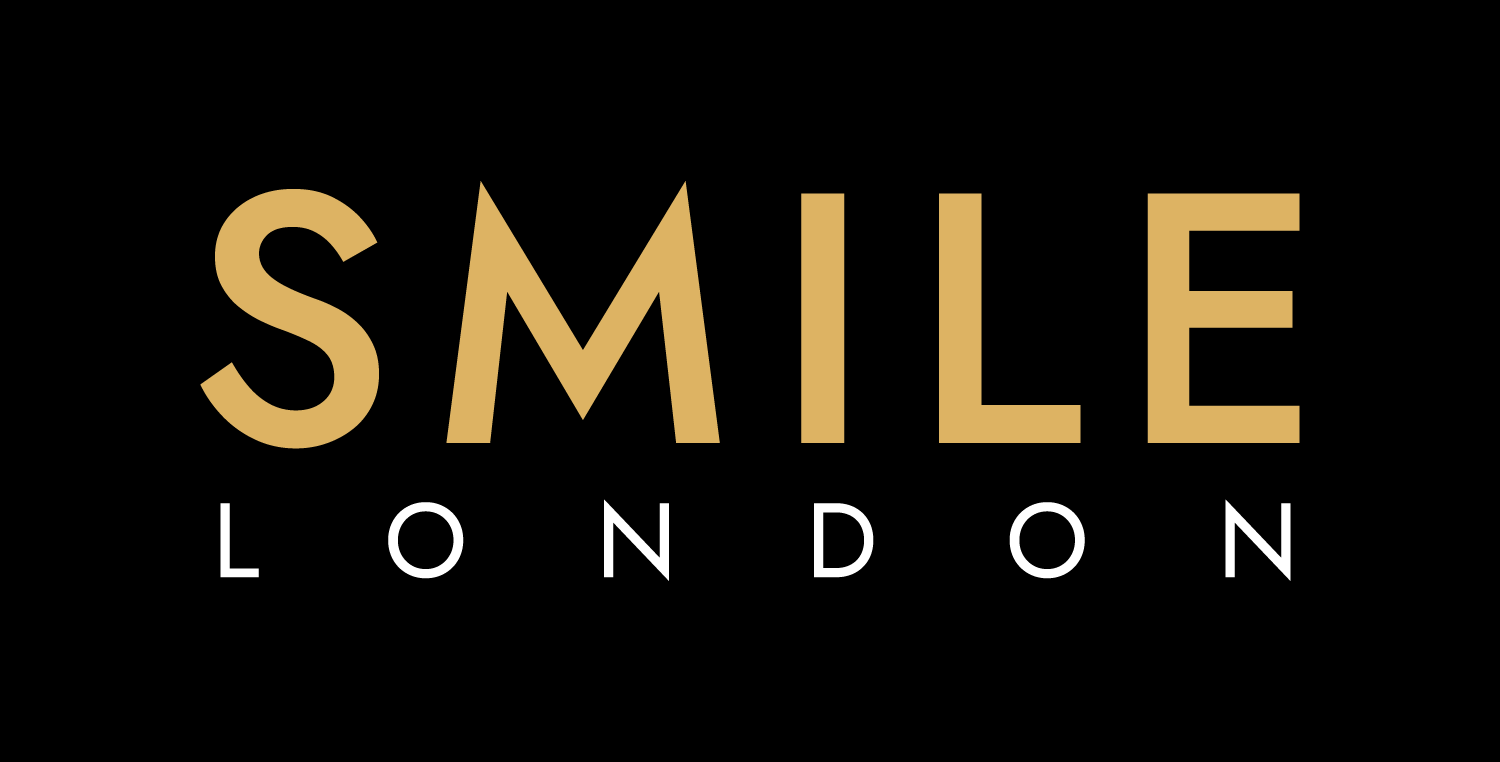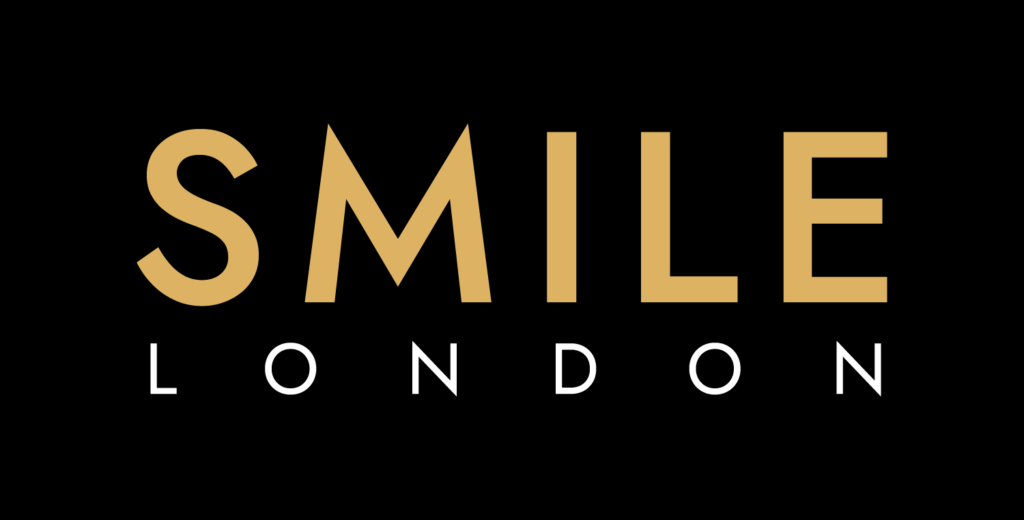Sedation dentistry offers a calming solution for individuals who experience anxiety or nervousness during dental treatments. This approach creates a relaxed environment to alleviate the fear typically associated with dental procedures. It involves the use of drugs, such as tranquilizers and anxiolytics, to impact the central nervous system. These medications can be administered through various methods.
While sedation dentistry is sometimes colloquially termed “sleep dentistry,” this label doesn’t encompass the full range of techniques available to dentists in Shimla. The goal is not necessarily to induce sleep but to act on the nervous system, promoting relaxation and comfort for the patient.
This approach is beneficial for anyone anxious about dental treatments, whether cosmetic or restorative. It can help patients overcome fears by minimizing or eliminating the perceived pain associated with dental procedures. Sedation dentistry is also suitable for individuals with sensitive teeth, for whom standard treatments can be painful, as well as those with medical conditions such as Parkinson’s disease and Cerebral Palsy.
There are three primary types of sedation: oral conscious sedation, inhalation sedation, and intravenous sedation. The choice depends on the patient’s conditions and needs. Additionally, the dentist may use local or general anesthesia to numb specific areas of the body or mouth.
The advantages of sedation dentistry are evident for both patients and dentists. It enables patients to undergo necessary treatments without enduring a potentially traumatic experience. For dentists, it ensures a more manageable treatment environment by preventing anxious behavior in patients, which can often complicate procedures.


